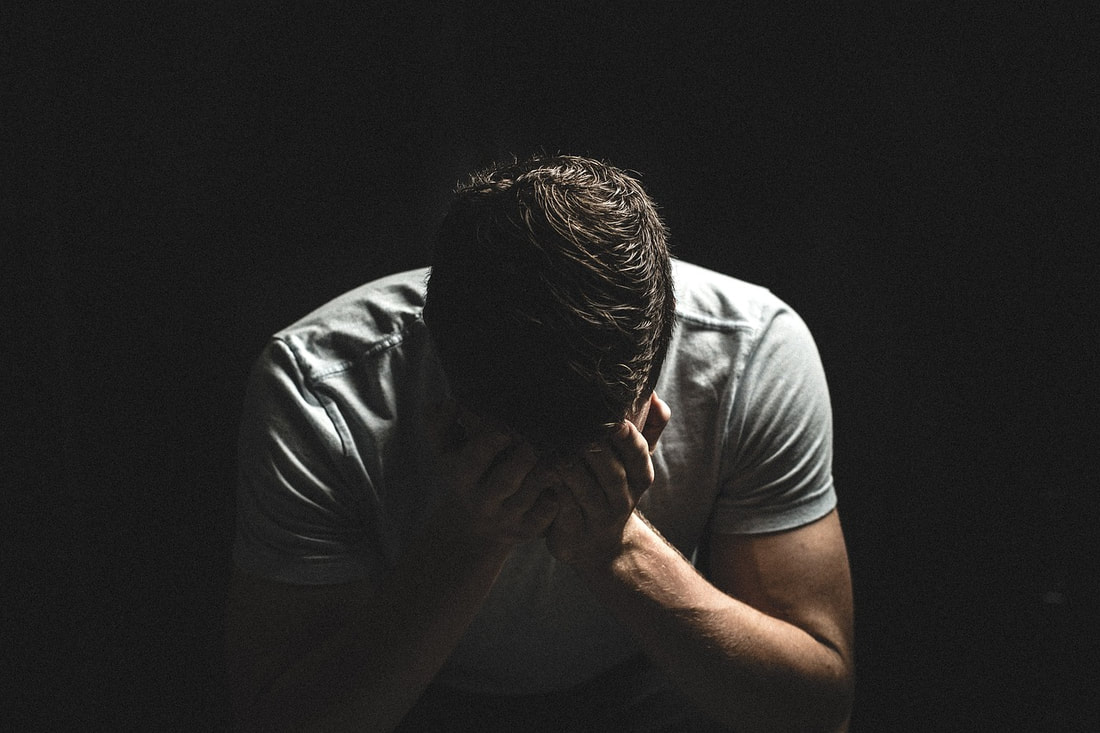In my years as a clinician and coach, it’s clear that men have unique challenges when it comes to seeking help for their mental health. Societal expectations around masculinity discourage men from admitting they have struggles and reaching out for support. I have worked with many men in recent years as I interface with companies and unions trying to assist their members.
In order to promote better mental health outcomes for men, it is crucial to acknowledge their unique circumstances. One idea for creating male-friendly services is to offer extended hours to accommodate those who are working evenings. It is harder for men to ask for time off or leave work for self-care as that has often been the domain of women and it is imperative that we consider these constraints.
By implementing educational initiatives about mental health in schools with information tailored for boys and young men, we can cultivate a path of inclusivity to healthier masculinity and well-being at an early age.
Factors such as unemployment and job insecurity increase men’s vulnerability to mental health challenges and suicidal ideation. Excessive drinking, smoking, overspending and other high-risk behaviors often demonstrate emotional needs that aren’t being addressed.
Socio-economic disparities create increased challenges as current healthcare systems do not address the needs of marginalized men.
We need companies and communities to do a better job of raising awareness about men’s mental health and dismantling the stigma around seeking help. Promoting healthy eating and reducing substance misuse can contribute to men’s overall health.
By providing better services and a more comprehensive understanding of men’s unique health needs, we build a stronger society that supports the well-being of all individuals, regardless of gender.
*If you or someone who know needs help, contact the suicide crisis hotline at 988.

 RSS Feed
RSS Feed
